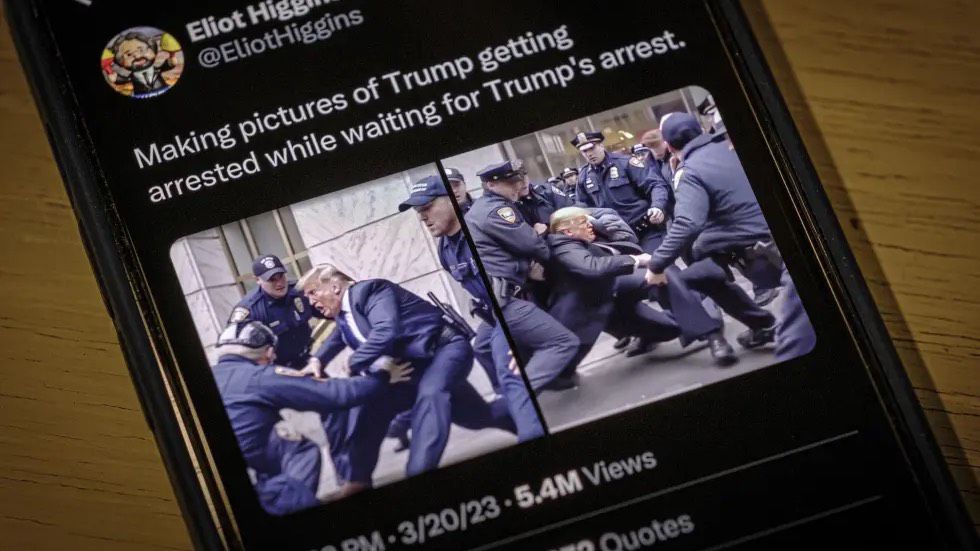U.S. Sen. Brian Schatz called a pledge by leading tech companies to label AI-generated deepfake content related to elections “welcome news,” but said legislative action is still needed to protect the honesty and validity of upcoming elections in the United States and abroad.
“With dozens of elections taking place this year around the world, including in the United States, this announcement is welcome news for safeguarding the integrity of elections and combatting rampant misinformation and manipulation,” said Schatz, a member of the Senate Committee on Commerce, Science and Technology and sponsor of the bipartisan AI Labeling Act.
Schatz was at the Munich Security Conference last Friday when 20 top technology companies — including Google, Meta, Microsoft, X and TikTok — announced their Tech Accord to Combat Deceptive Use of AI in 2024 Elections.
The companies, whose digital reach stretches to billions of consumers, pledged to work together to “detect and address online distribution of AI-generated audio, video and images that fake or alter the appearance, voice or actions of political candidates, election officials and other key stakeholders in a democratic election or that provide false information to voters about when, where and how they can vote,” according to a release issued by the coalition on Friday.
The pledge came just two days after U.S. deputy attorney general Lisa Monaco told the BBC that deceptive AI content could “supercharge” disinformation and fraud during elections.
Schatz echoed Monaco’s warning following the announcement, emphasizing the need for a heightened to AI-generated content on all fronts.
“AI is turbocharging fraud, scams and other deceptive or outright illegal behavior at a scale that goes far beyond just elections,” he said. “We urgently need legislation that regulates AI-generated content in a holistic way and mandates labeling on all such content, no matter the context.”
To that end, Schatz continues to push for his AI Labeling Act, which would require that developers of generative AI systems include a “clear and conspicuous” disclosure identifying AI-generated content and AI chatbots; compel developers and third-party licensees take reasonable steps to prevent systematic publication of content without disclosures; and create a working group to develop non-binding technical standards so that social media platforms can automatically identify AI-generated content.
When Schatz and co-sponsor John Kennedy, R-La., introduced the measure, there had already been high-profile examples of the sort of chaos and confusion malevolent AI use could generate, including a fake photo of an explosion near the Pentagon that triggered a dip in the stock market and deepfake images of former Pres. Trump being arrested that were viewed by millions of social media users.
Since then, the evidence has only increased. In one instance, a robocall targeting voters in New Hampshire used an AI-generated impersonation of Pres. Joe Biden’s voice to discourage participating in the state primary.
The bottom line is: People deserve to know whether the content they’re encountering online is real or not,” Schatz said.
Michael Tsai covers local and state politics for Spectrum News Hawaii. He can be reached at michael.tsai@charter.com.



